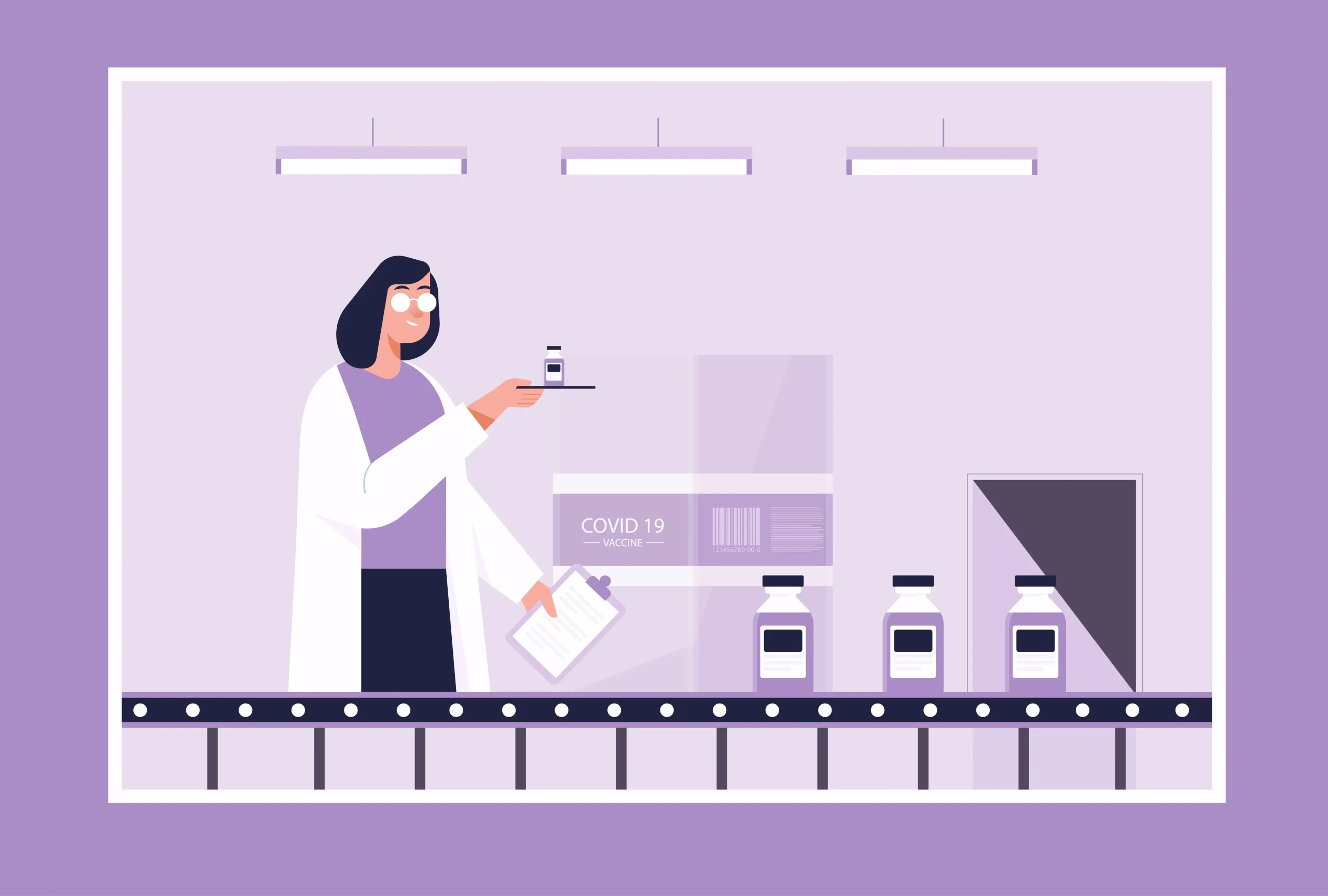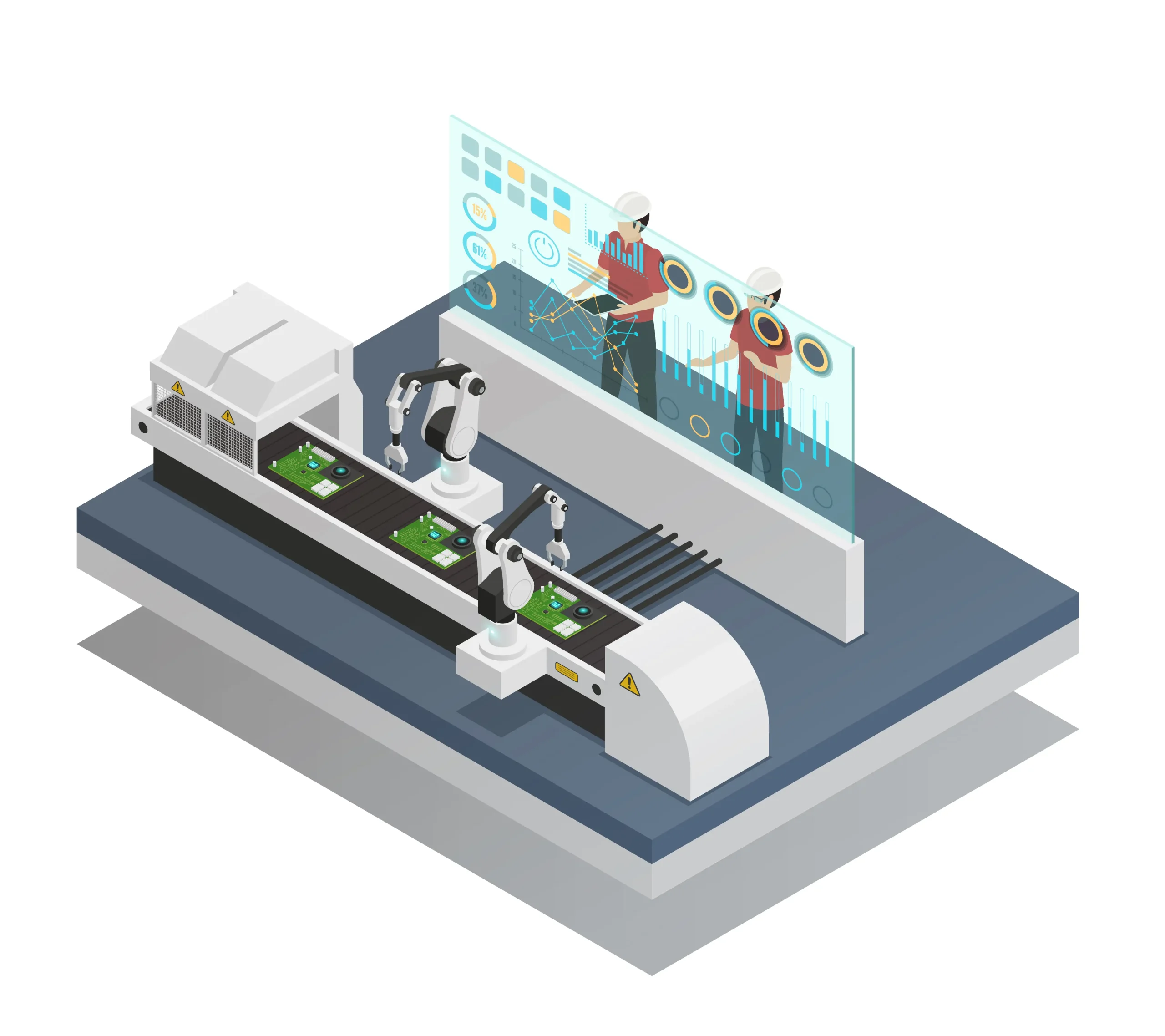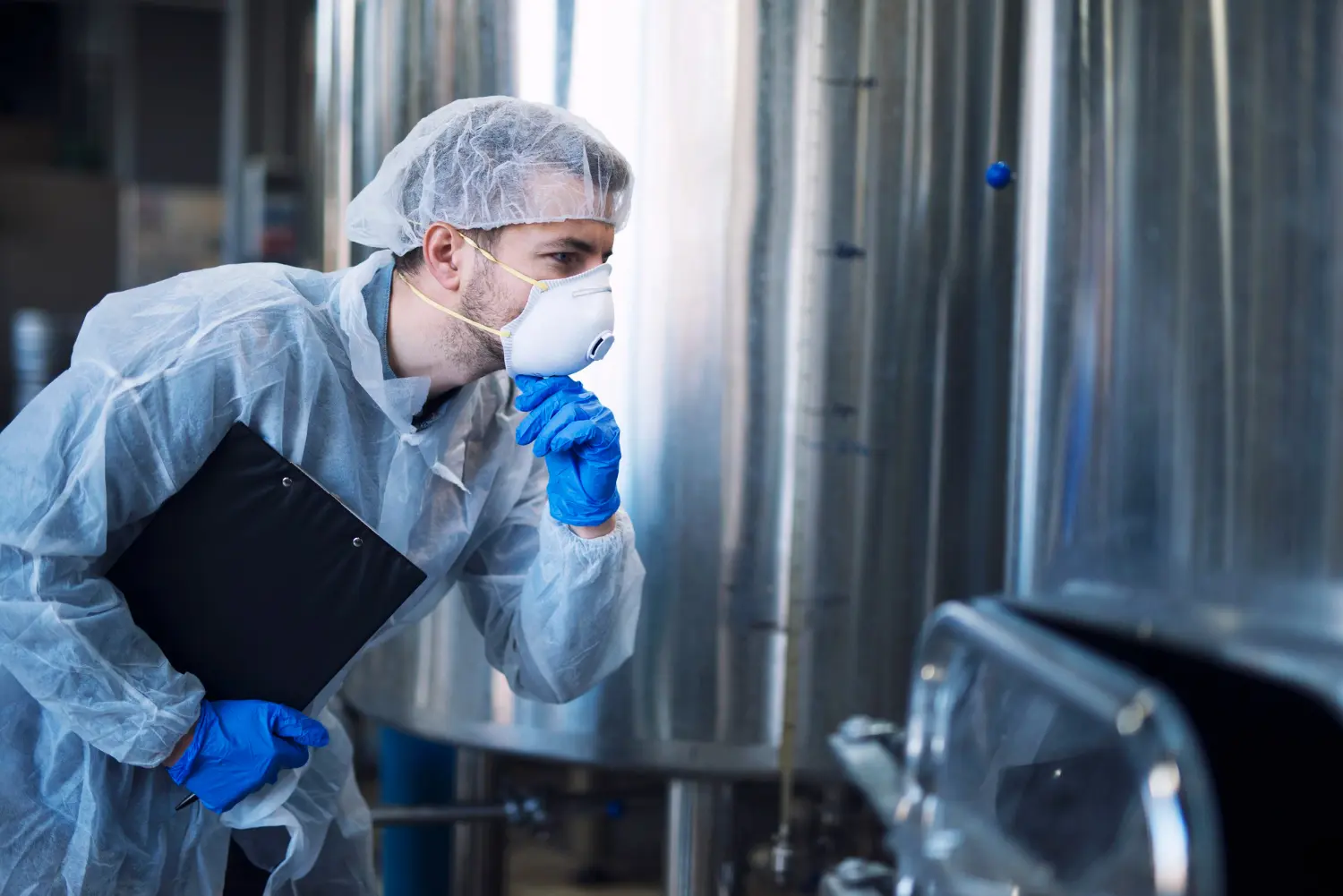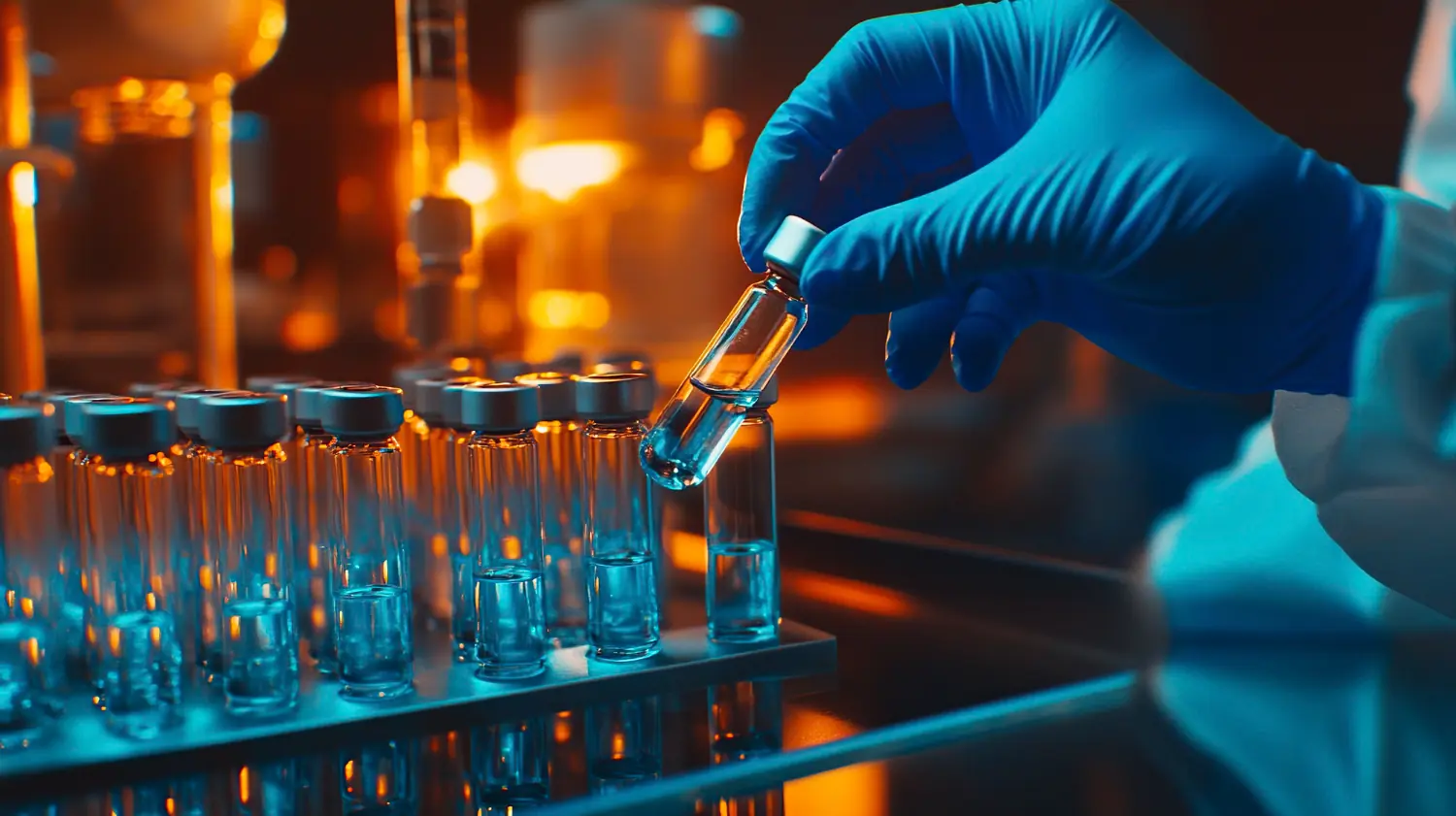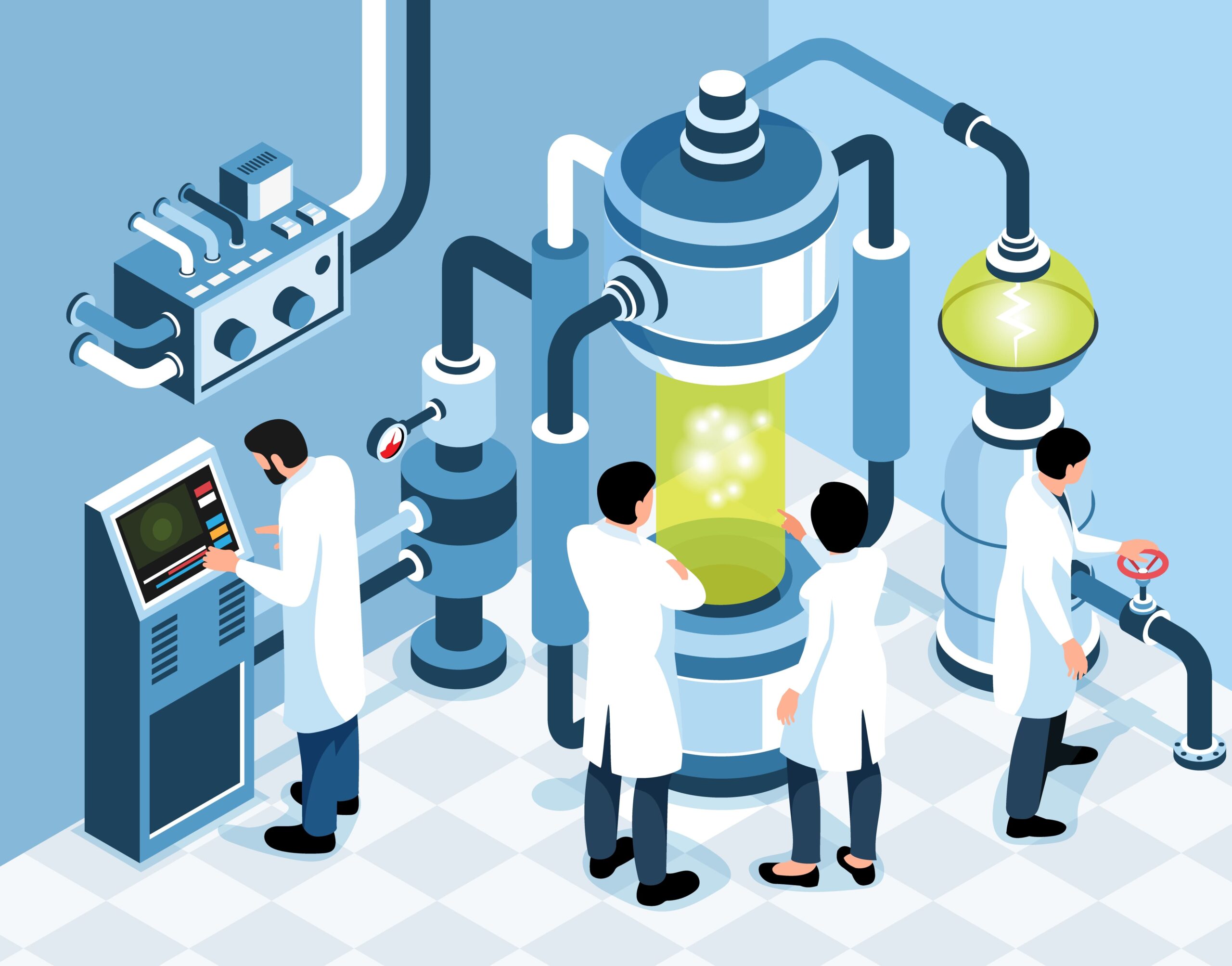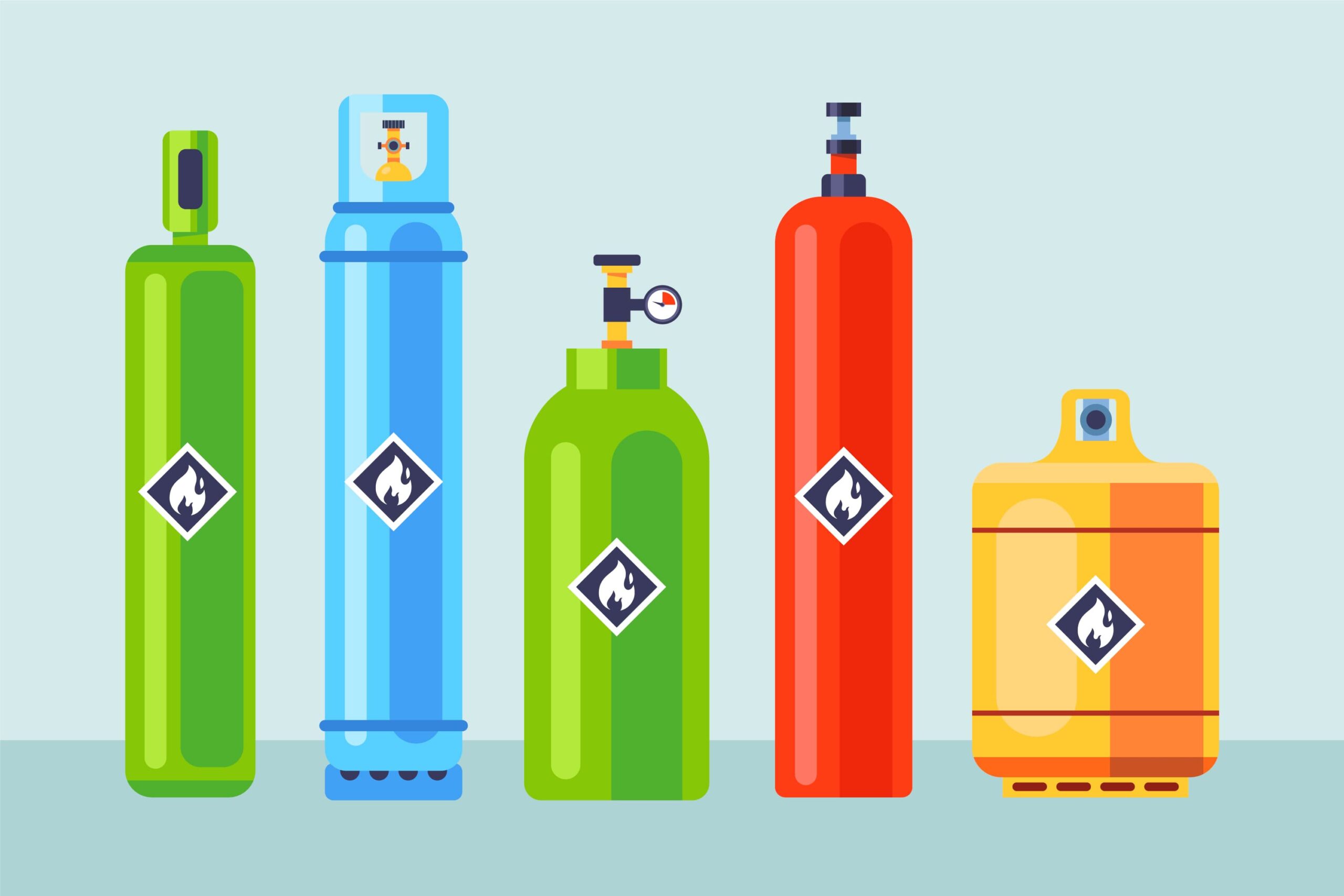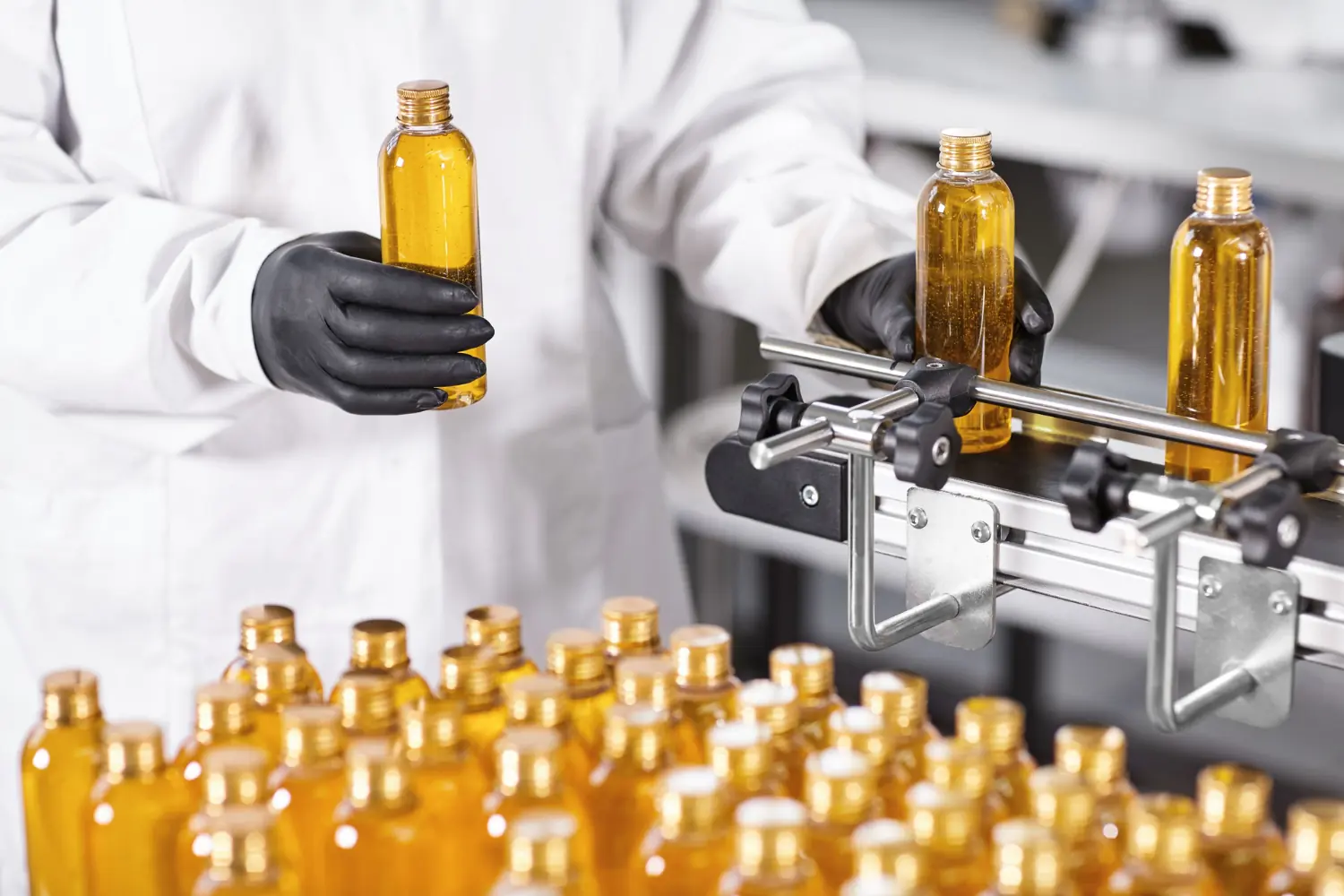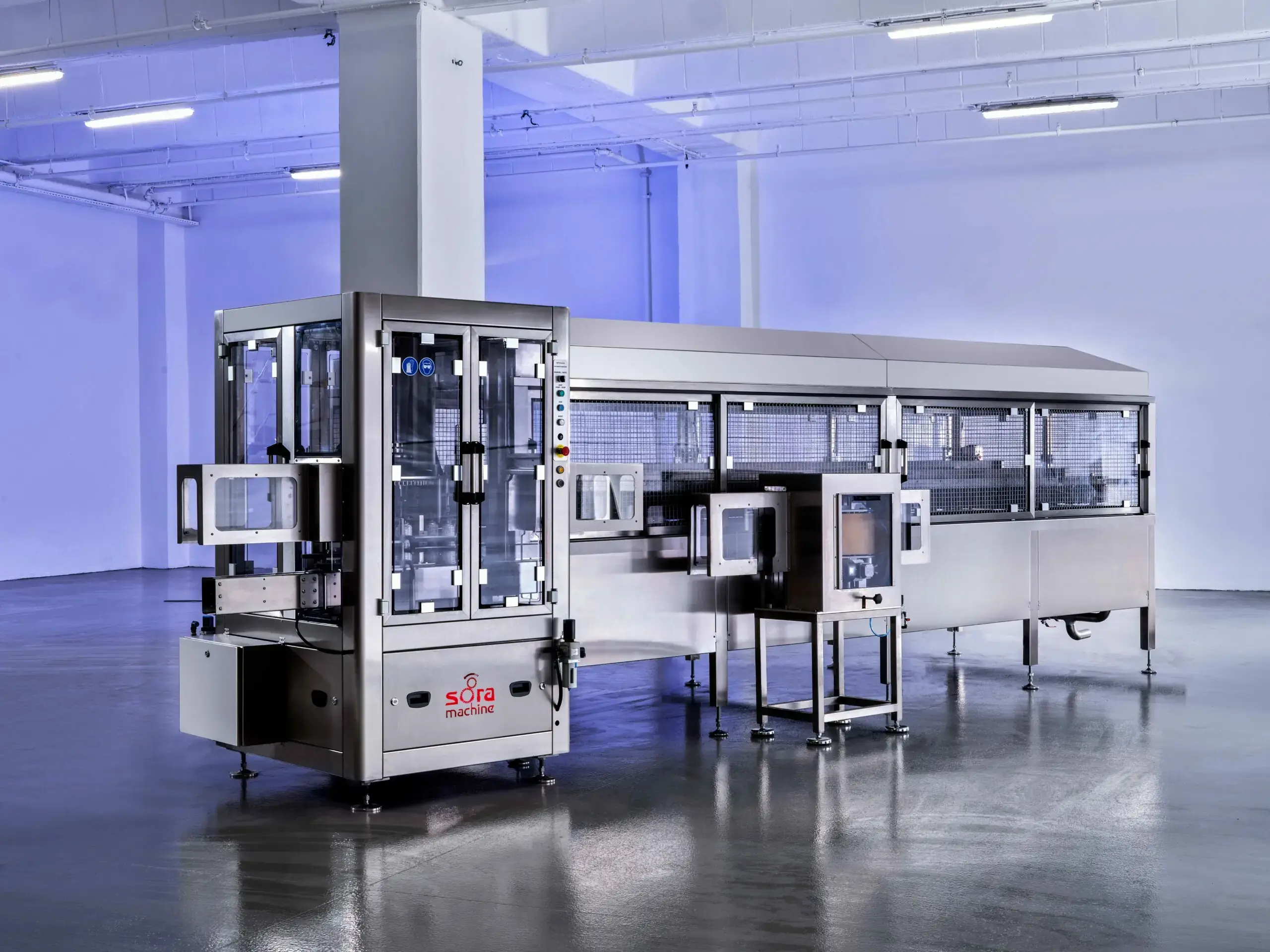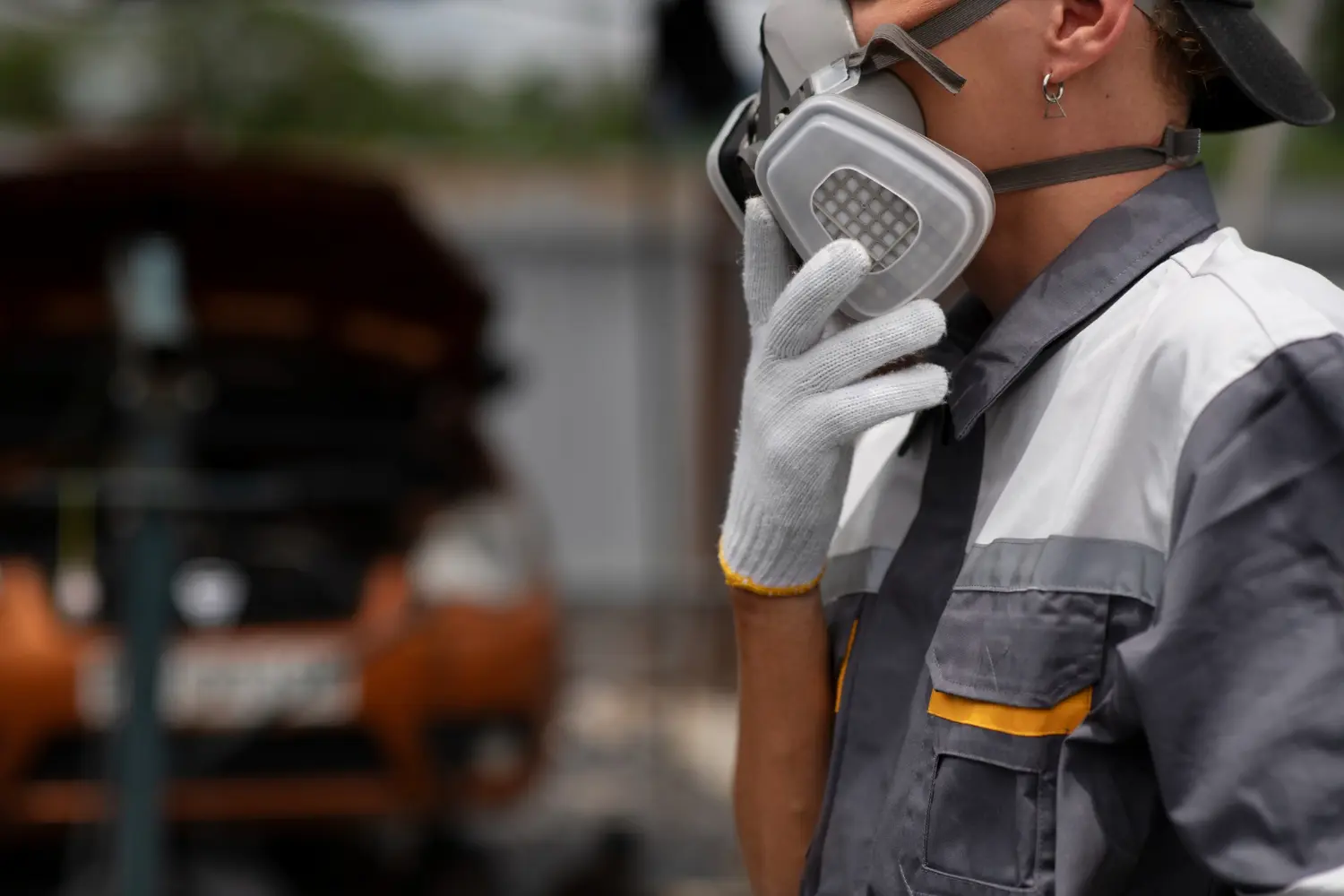The world of manufacturing is changing. Governments are updating environmental rules, health standards, and energy policies almost every year. That means businesses must keep up or risk falling behind—or worse, facing fines. So, what’s the solution? One of the most effective ways to stay ahead is by investing in machines for production compliant with regulations. These machines help businesses produce efficiently, safely, and sustainably while ticking all the boxes for legal requirements.
Which Automatic Dosing Systems Do You Need to Control Chemical Usage?
One of the biggest concerns in modern manufacturing is chemical safety. Whether you’re making detergents, paints, or food products, using the right amount of chemicals is crucial—not just for quality, but for health and safety too. That’s where automatic dosing systems come in.
These smart systems accurately measure and add chemicals into the production process, ensuring no extra is wasted or overused.
Which Filtration Systems Do You Need to Prevent Air and Water Pollution in the Production Process?
Factories can produce a lot of waste—some of it visible, like dirty water, and some of it invisible, like airborne particles. Without proper filtration, you risk polluting the environment and breaking industrial laws. To avoid that, companies are turning to advanced filtration systems.
Air filtration units remove dust, fumes from the atmosphere inside and outside your facility. Water filtration systems treat wastewater before it’s released, filtering out oils, chemicals, and other harmful materials. These are more than just environmentally friendly production machines—they’re also a critical part of industrial compliance technologies.
Which Machines are Necessary to Make the Working Environment Safe with Closed Production Systems?
Worker safety is a top priority in every industry, and closed production systems are one of the best ways to ensure it. These systems keep harmful fumes, dust, and chemicals away from employees by enclosing the production process. They also reduce the chance of contamination and exposure.
Which Emission Control Devices Do You Need for Environmentally Friendly Production?
If your factory produces emissions, you’re probably already aware of the growing list of rules around what you can release into the air. Whether it’s smoke, steam, or gases, the answer is clear: you need emission control machines to stay compliant.
These emission control machines are part of a bigger picture. They support environmentally friendly production by protecting the air we all breathe, and they also fit perfectly into sustainable production solutions that smart manufacturers are now adopting.
Which Recycling and Disposal Systems Do You Need for Waste Management?
Waste is inevitable, but how you handle it makes all the difference. Improper disposal can lead to heavy fines, legal trouble, and bad press. So, having recycling and disposal systems in place is not optional—it’s essential.
From compactors and shredders to oil-water separators and chemical neutralizers, there are many systems designed to manage waste safely and efficiently. These machines for production compliant with regulations help turn harmful byproducts into reusable resources or ensure they’re disposed of without harming the environment.
Which Automation and Monitoring Systems Do You Need to Increase and Monitor Efficiency?
Last but certainly not least, let’s talk about automation. With regulations getting more complex, manual monitoring just isn’t enough anymore. That’s where automation and monitoring systems come into play.
These systems use sensors, data loggers, and software to track everything from energy use to chemical levels and equipment performance. They’re part of a new wave of industrial compliance technologies that make it easier to follow the rules without slowing down production. This means you can fix small problems before they become big headaches. It also helps maintain efficiency while sticking to all the rules.
These systems are ideal for businesses focused on sustainable production solutions and improving filling line efficiency. They turn complex data into clear action, so your production line runs smarter, not harder.
Let’s face it: staying compliant with new regulations is a challenge. But with the right tools, it doesn’t have to be a burden. By investing in machines for production compliant with regulations—whether it’s emission control devices, automated dosing systems, or closed production systems—you’re building a factory that’s not just legal, but also smarter, safer, and more sustainable.
These technologies aren’t just about following rules. They’re about future-proofing your operations and showing customers, partners, and regulators that you’re serious about doing things the right way. So take the next step, upgrade your systems, and turn regulatory compliance into a business advantage.
If you want to comply with the new regulations, check out how does sustainable aerosol production begin the role of aerosol production machines


